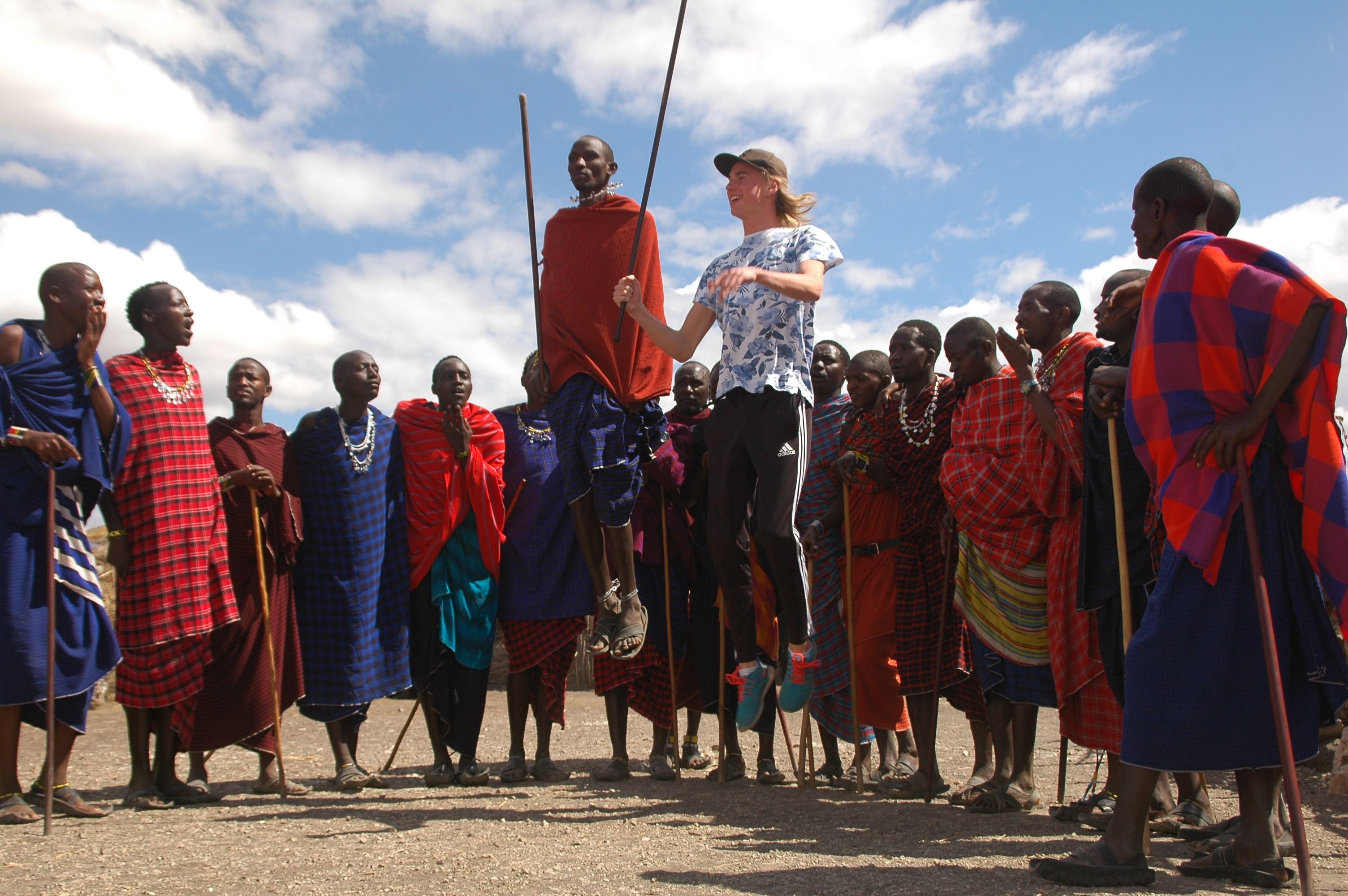The Top Ethnics
Who Are the Maasai?
The Maasai are one of the most iconic and well-known ethnic groups in East Africa, primarily inhabiting
northern Tanzania and southern Kenya. Known for their distinctive dress, deep-rooted traditions, and
strong connection to nature, the Maasai people have preserved their unique way of life for centuries
despite modern influences.
A Living Culture
Unlike many traditional communities, the Maasai continue to live much as they have for generations. They
are semi-nomadic pastoralists, known for raising cattle, which are central to their livelihood and social
structure. To the Maasai, cattle are not only a source of food but a symbol of wealth, status, and
spirituality.




